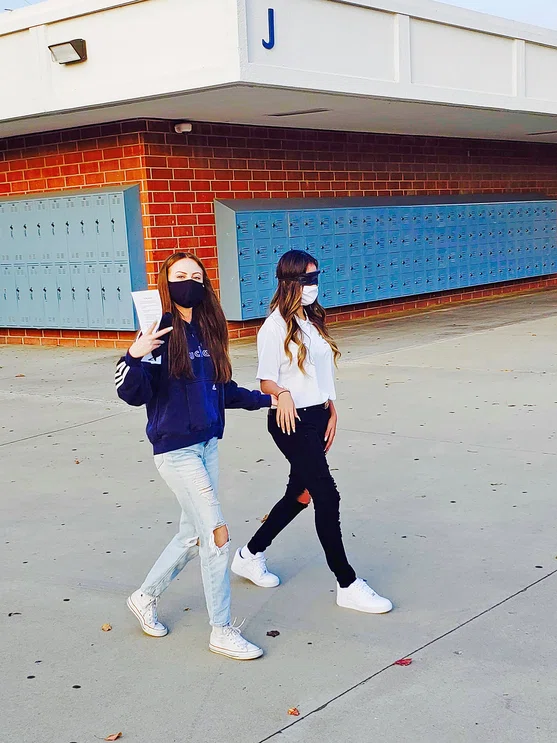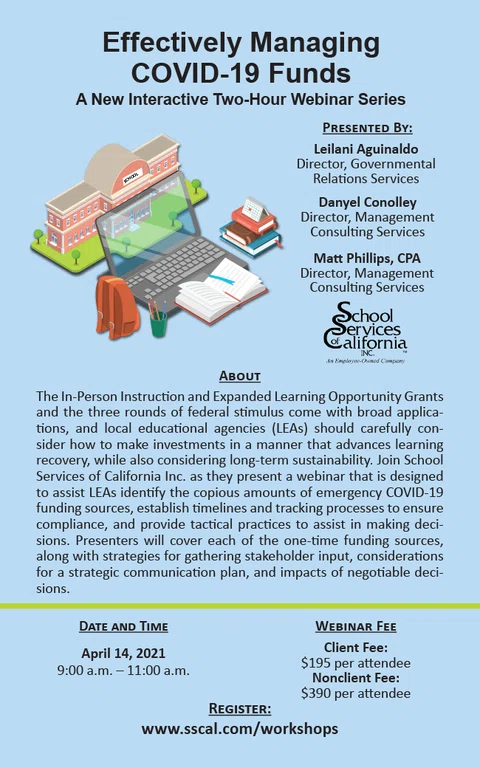
Walnut High School Peer Counselors attend their first in-person training session of the school year, which included a trust exercise that involved leading a partner who was wearing a blindfold.
Peer counselors offer support during COVID
March 29, 2021
It’s very hard to go through an unprecedented time alone.
In the throes of adapting to life in COVID-19 quarantine, Walnut High School’s Peer Counselors have continued their quest to help others.
“I hope I am seen as a resource that my peers can trust, confide in and go to when they are feeling alone and need someone to listen,” said senior Audrey Day, a third-year member.
The onset of the global health crisis pressed school leadership into quickly adapting in order to continue providing wellness assistance.
“We made the decision to take what we do into the digital world as the school year began,” shared school psychologist Dr. Rob Coad.
Teens have been hit hard by stresses of the pandemic, missing out on milestones and worrying about their families.
Peer Counseling is not a club, but a diverse group of dedicated students, 15 this year, who come together to aide fellow schoolmates.
They have been trained to be good listeners and offer care, but not to give advice.
Senior Anali Cruz feels it’s especially important on a large campus like Walnut High that students know they have peers they can trust to help get through hardships they may be facing.
“Distance learning has caused an even greater need for emotional support,” Cruz shared. “I want students to know that although they may feel alone while stuck at home, the Peer Counselors are here to provide them the support they need.”
“It’s vital to make sure they feel that their problems — big or small — are valid.”
— Audrey Day, WHS Peer Counselor
Walnut High’s philosophy is that every student should have several people on campus who know their name and know something about them beyond the classroom, according to Coad.
Referrals come to Peer Counseling from many sources including grade level coordinators, teachers and students clicking on the “Need Emotional Support” website link, according to longtime advisor Drew Johannsen.
Teens now make Google Meet appointments to chat with student counseling peers who guide them to finding solutions to their issues.
“It’s vital to make sure they feel that their problems — big or small — are valid and recognized,” Day said.
The online peer assistance sessions are tailored to students’ needs and are kept confidential unless there is a risk of suicide, self-injury, child abuse or a danger that a student will hurt someone else.
The fifth period Peer Counseling class was finally able to gather on campus earlier this year for a coveted in-person training.
“Being together, even with the many COVID-19 restrictions, felt like such an opportunity to give them a small dose of normalcy and connection,” Johannsen said.
“These amazing young men and women have been denied the Peer Counseling experience and yet all they want to do is help other people.”




